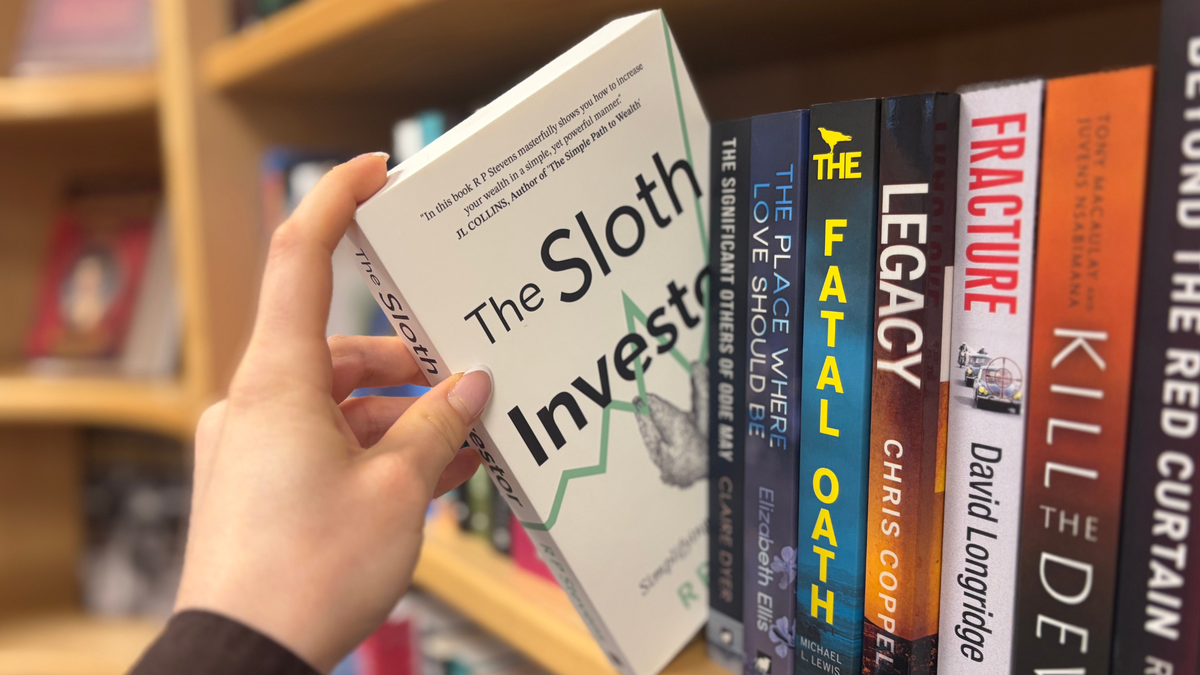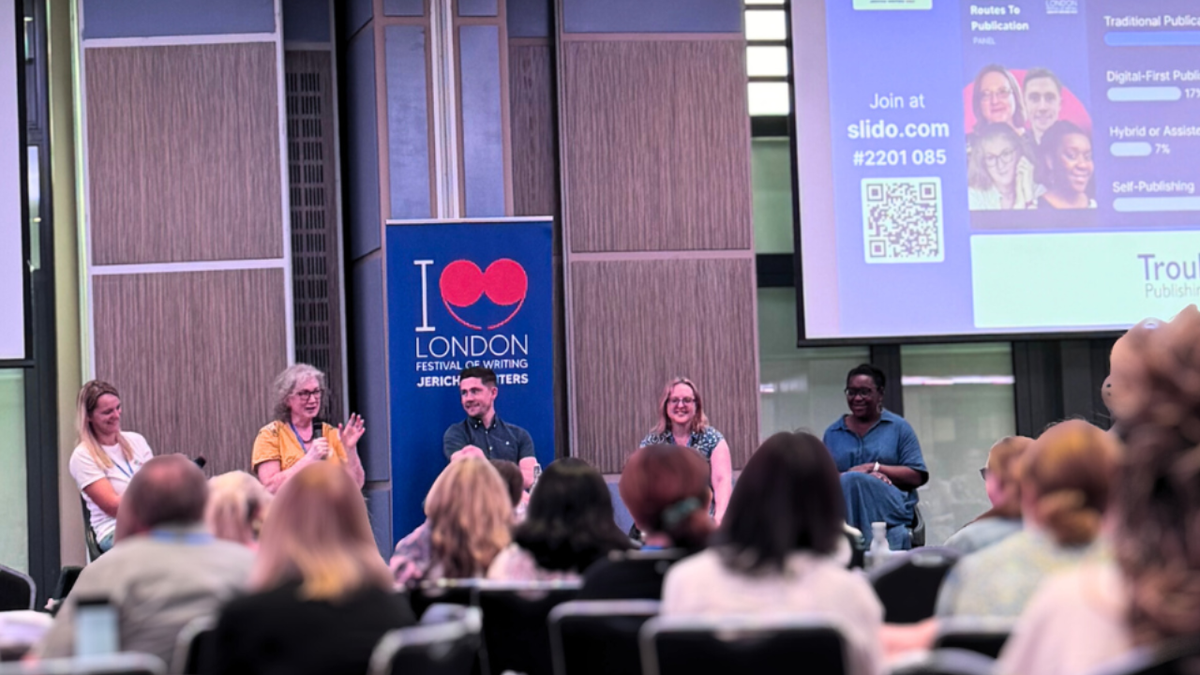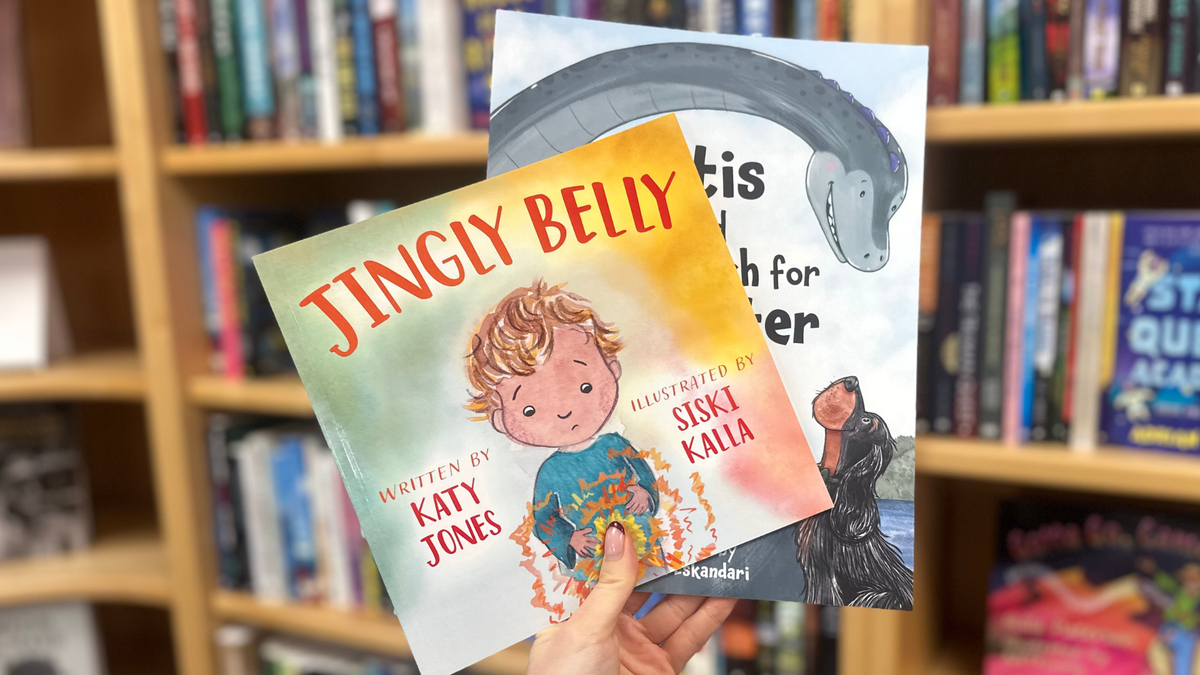
26th February, 2018
7 min read
Investigating and Avoiding Libel
Written by:
Troubador Publishing
Eleanor Norford investigates libel and finds out how writers can avoid legal action
Many new authors are unaware of the legal aspects, such as libel, that can affect their books. In general terms, libel (in England and Wales) is defamation in permanent form and slander is defamation in a non-permanent form. Mostly libel tends to be written, broadcast or published online, whereas slander tends to be the spoken word. So how do you ensure your work avoids attracting a libel action? And what are your rights if you feel your work has been slandered or libelled?
Our two experts, the chief executive of the Society of Authors, Nicola Solomon and media law specialist, Ian Bloom, offer their thoughts.
Libel Defined
Nicola Solomon, chief executive of the Society, explains how new writers can protect themselves from libel actions and reveals how the Society protects its members against actions.
The definition of libel is the same for both fiction and non-fiction. It consists of a published statement that makes people think worse of an identifiable living person. However, a statement is not defamatory unless its publication has caused or is likely to cause serious harm to the reputation of the claimant. The safest option if writing fiction is not to use real people or characters where someone might recognise themselves. The disclaimer, ‘The characters in this book bear no likeness to any real person living or dead’, will not stand up in a court of law. If someone can be recognised from your description then you are at risk. Check a phone book or directory to ensure that you have not given names of real people to your characters – it is possible to libel people accidentally.
If you are writing non-fiction, fact-check carefully and keep notes of the sources of any information. Truth is a defence to a libel action as is honest opinion and public interest or a peer-reviewed statement in a scientific or academic journal. The Society gives members advice on how best to deal with any problem related to their work, but the response depends on the particular circumstances.
Writers can get invaluable advice for free by joining the Society of Authors, which now offers membership to self-published writers who have self-published or have had a work published on a print-on-demand/eb only basis and have sold more than 300 copies of a single title in print form or 500 copies in ebook form within a 12-month period. If you do not yet fulfill those criteria you can still join as an associate.
Legal Advice
One person who understands the impact of libel from the publishing and legal aspect is former publisher and writer, Ian Bloom, who became a solicitor and specialised in corporate and media law work. He recently retired from practice and is now a legal consigliere, advising various media clients and often commenting on media matters of legal interest on LBC radio. Ian also contributed to Copyright Law for Writers, Editors and Publishers by Gillian Davies.
Here he reveals trade secrets and recalls his most memorable cases. Authors, he explained, can avoid libel actions by taking care and by not expressing derogatory opinions as if they were established facts or pursuing vendettas in their books or articles. By asking themselves whether they would be able to defend themselves in a year’s time, before a sceptical judge, something they wrote yesterday. And if they would be uncomfortable, then delete, or at least re-write, the problematic passage now.
Ian advises authors who are facing libel action to hire a good lawyer. “Explore whether saying ‘sorry’ at an early stage might be sufficient,” he says, “and use the ‘Offer of Amends’ procedure tactically to put pressure on a claimant. See whether you have insurance coverage to minimise the financial burden. If the libel claim is weak and you can afford to fight – which means, afford to lose – then have your day (more likely a couple of weeks) in court. Be aware that litigation is expensive, stressful and unpredictable.
Book reviews can be subject to libel, as can film, television, theatre and restaurant reviews. A variety of savage reviews have, over the years, led to several entertaining libel actions. One of the central issues in these cases has been whether the reviewer acted ‘maliciously’ or was merely abusive. ‘Vulgar abuse’ is not, by itself, libellous. Malicious abuse may well be (‘malice’ has a technical meaning in libel cases).
Freedom of the Press is valuable, but not absolute. An author sufficiently upset by a defamatory review can see whether a friendly media lawyer might offer an opinion on three points.
- First, is the review actually defamatory?
- Secondly, are the likely damages worth the hassle of pursuing a claim?
If the answers to the first two points are both ‘yes’, might that lawyer take on the case – preferably on a contingency basis against the reviewer, the editor and the newspaper or magazine for libel? Failing that, the author can always go it alone. But, as before, the case has to be strong to make it worthwhile. A letter from the author in the same publication, a suitable apology, payment of legal costs, removal of the article from the publication’s website, and payment of damages either to the author or to a charity of the author’s choice, are all options open to the parties to settle the dispute.
An overwhelming number of libel claims are settled long before trial. Litigation is just too uncertain and expensive, and the likely damages awards are too small to justify a fight to the finish. It is impossible to quantify the legal costs of a hypothetical libel case. Some lawyers may agree to take on a strong claim on a no-win, no-fee basis. If the author wins, then in theory, they get a free ride – provided the defendant can afford to, and does, pay the damages and costs awarded. At the other end of the scale, specialist solicitors charge anything between £400 and £750 per hour for this work. Hundreds of hours are spent drafting court documents, witness statements, letters, liaising with counsel and witnesses and experts, attending court for interlocutory hearings, compiling and reading relevant documents, and examining forensically the other side’s paperwork – which, even in this electronic age, usually fills dozens of lever arch files, and preparing for trial.
Specialist barristers, often QCs, are hired and the costs of a contested action will run into hundreds of thousands of pounds. The law has changed considerably in the last 30 years. The jury’s decision to give Jeffery Archer damages of £500,000 marked the end of massive tax-free libel awards. Firstly, the award was overturned by the Court of Appeal. Secondly, the court, in effect, capped future awards and imposed a £200,000 ceiling (since raised a little), which was only to be considered for the gravest, most serious libels. Jury trials for libel have become a thing of the past and the Offer of Amends procedure has encouraged parties to settle early.
Conditional fee agreements strengthened and encouraged claimants to fight, but libel tourism has been discouraged with the passing of the recent Defamation Act 2013. The rise of social media has led to several libel cases since the posters or writers failed to appreciate that their words were, technically, ‘publications to third parties, and not the equivalent of bar-room banter, and were just as libellous as if written in a newspaper.
The absence of any editorial oversight, let alone any legal review, before tweets are posted or Facebook entries put online, by impetuous individuals, will continue to lead to further libel actions. Just look at comment threads on newspaper sites and Twitter accounts to see the depressing level of abuse hurled at the screen by an army of keyboard warriors. Most of this is deleted at source by house moderators, but enough gets through to be the raw material for any number of potential claims.
When talking about his most memorable libel case, Ian says: “My first libel case involved suing Private Eye. I won damages for an unchecked piece of bile they published about my corporate client. I suppose my most memorable case concerned Nancy Dell ‘Olio when she was at the height of her fame, and the Mail on Sunday. The paper said she had basically bankrupted her first husband and was now blackmailing Sven Goran Eriksson. I flew to Rome to interview her ex-husband. He gave me a great witness statement of denial. Sven also supported Nancy. The Mail on Sunday realised they had nowhere to go. They apologised and settled and paid Nancy substantial damages.”
The essence of libel law is the protection of reputation. The point of copyright is to protect something that is also intangible – a creative talent’s intellectual property, be it words on a page, musical notes on a sheet, photographs, designs or artwork. But whereas copyright in, say, a book can be sold or licensed for money for the mutual benefit of the writer and the publisher, a reputation cannot be exploited in the same way. Protecting a reputation by the use of libel legislation is essentially adversarial. Safeguarding copyright will also, in the end, depend on legal protection and enforcement, but for the most part, copyright is a commodity to be used, non-contentiously, to earn revenue for the writer.
Lastly, don’t take chances. The golden rule is – if you are in doubt about what you have written then either rewrite it or seek advice from a legal expert. Find out more about The Defamation Act 2013














